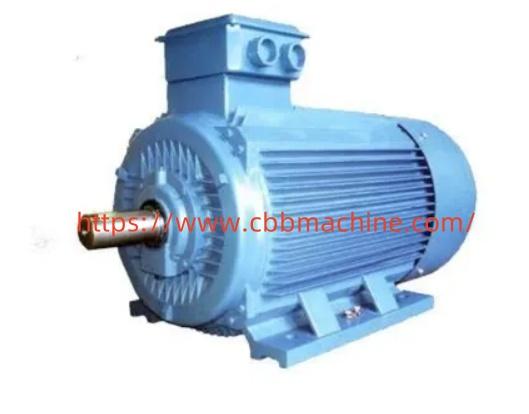In modern industrial automation, the importance of a high-precision Electric Torque Motor cannot be overstated. This specialized motor provides controlled rotational force at low speeds, enabling machinery to perform delicate adjustments, hold precise positions, and operate with consistent mechanical performance. Its role in automation, robotics, and production lines ensures smoother motion, improved efficiency, and reduced maintenance, making it a valuable component in manufacturing environments.
These motors are particularly useful in scenarios where conventional motors may struggle with accuracy or torque delivery. By integrating direct-drive designs, they eliminate the need for additional gears or complex transmission systems. This reduction in mechanical complexity minimizes backlash, enhances motion consistency, and extends service life, which is essential for industries such as packaging, textile production, and electronic assembly. The result is a more reliable operation and improved product quality.
Flexibility in control is another major advantage. The motor can respond quickly to electronic signals, allowing precise adjustments during production. Such responsiveness is crucial in automated assembly lines, testing equipment, and machinery handling variable loads. Maintaining a steady output torque reduces deviations and ensures that delicate processes, like positioning sensors or fine mechanical adjustments, remain accurate.
Integration with digital systems is a key benefit. These motors often interface seamlessly with programmable logic controllers (PLCs) and motion control platforms, allowing multi-axis synchronization and coordinated operations. This integration helps manufacturers optimize workflows, track performance data, and implement predictive maintenance, ultimately reducing downtime and improving overall efficiency. The ability to monitor and adjust operations in real time ensures that machinery can meet both productivity and quality standards.
Durability and operational safety are essential considerations. Modern designs include effective thermal management, insulation, and overload protection, enabling motors to perform reliably under demanding conditions. Proper installation and maintenance help prevent equipment damage, extending the lifespan of both the motor and connected systems. This robustness makes them suitable for high-speed production, precision laboratories, and environments requiring continuous operation.
As automation continues to expand across industries, the demand for such high-precision motors is increasing. Their combination of controlled torque, energy efficiency, and accuracy supports a wide range of industrial applications. Investing in advanced motor solutions allows manufacturers to reduce production errors, enhance operational consistency, and improve the longevity of equipment, contributing to more sustainable manufacturing practices.
Learn more at https://www.cbbmachine.com/



